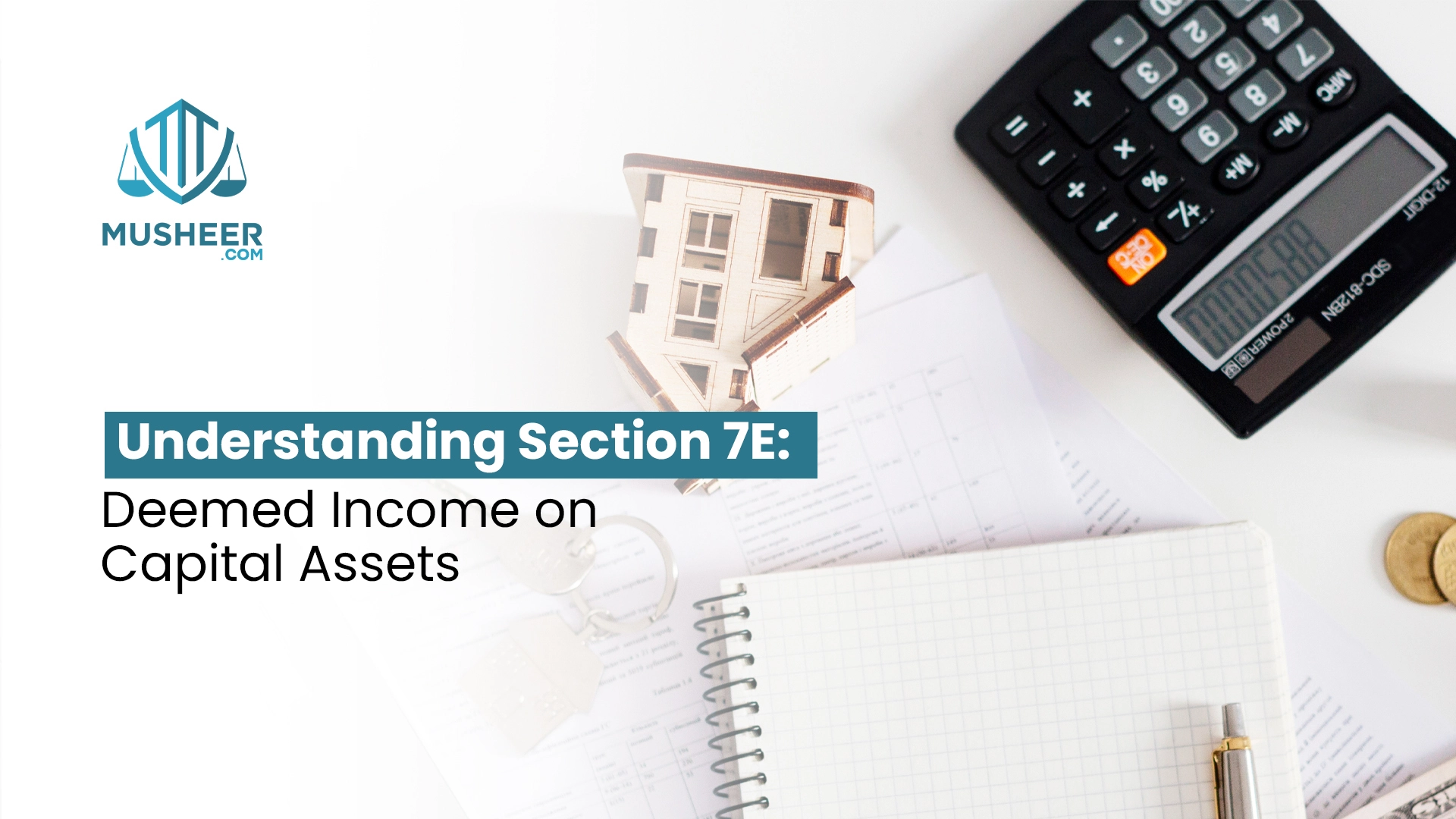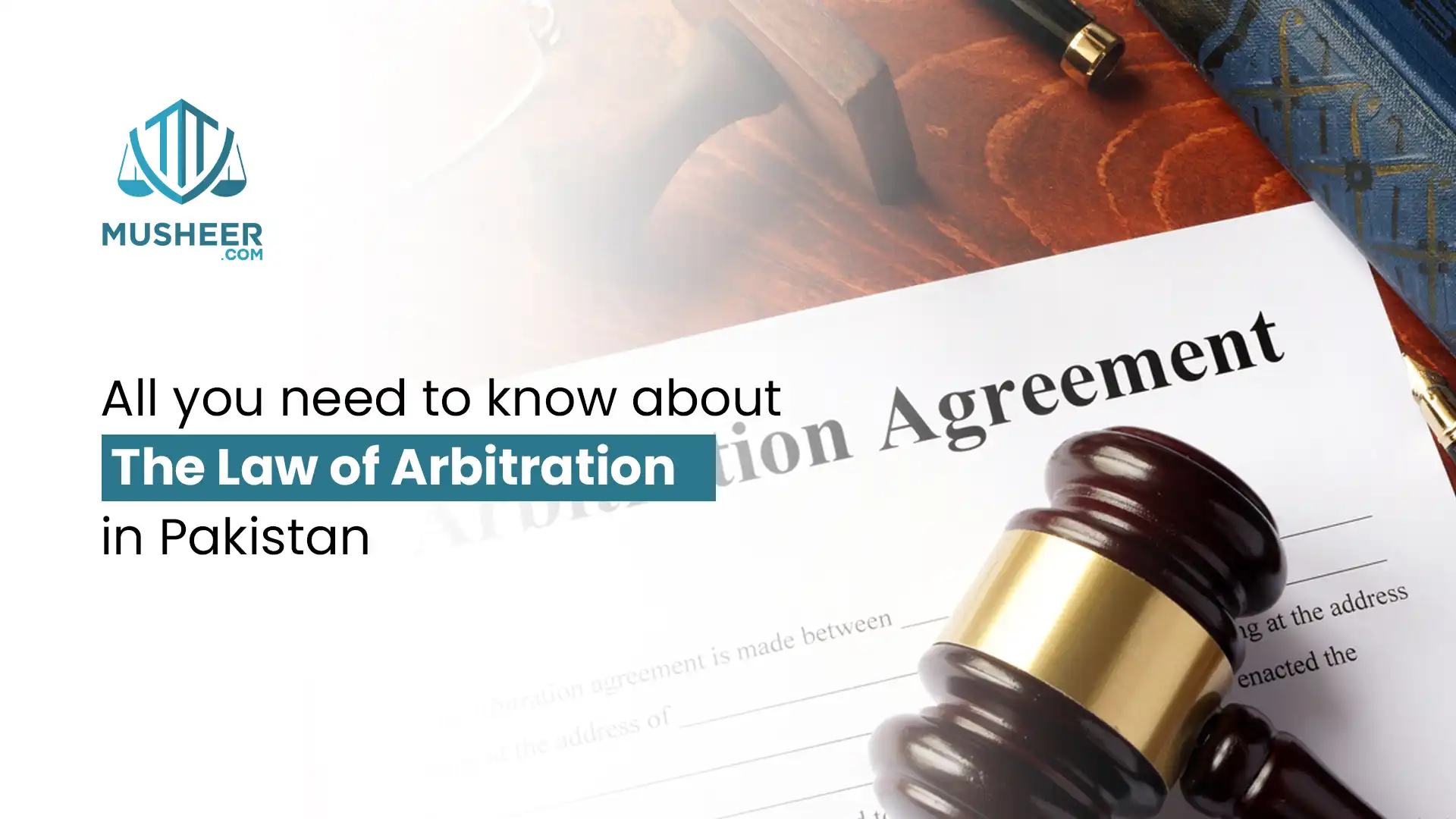Factual Background
On 20 February 2023, President Arif Alvi ordered and fixed April 9 as the election date in the two provinces of Punjab and KPK, creating a constitutional crisis, and posing grave questions on the constitutionality of his order.
The Supreme Court of Pakistan took a suo moto notice under Article 184(3) of the Constitution of Pakistan, 1973 (the “Constitution”) of the president’s announcement to determine which government institution had the constitutional responsibility of deciding the poll dates.
In its judgement dated 23 February 2023, in the exercise of its suo muto jurisdiction, the Supreme Court raised the questions set out below for determination:
- Who has the constitutional responsibility and authority for appointing the date for the holding of a general election to a Provincial Assembly, upon its dissolution in the various situations envisaged by and under the Constitution?
- How and when is this constitutional responsibility to be discharged?
- What are the constitutional responsibilities and duties of the Federation and the Province with regard to the holding of the general election?
Answers to Issues Raised
In its judgement dated 1 March 2023 the Supreme Court has answered the issues as raised by it in its previous order.
The Court while interpreting the Constitution laid out situations under which a Provincial Assembly can be dissolved by the Governor.
The first situation set out in Article 112 (2) envisages the dissolution of the Assembly by the order of Governor at his discretion. However, such discretion is subject to the prior approval of the President and the fulfilment of certain conditions set out in the Article.
The second situation where a Governor can dissolve the Assembly is provided in Article 112 (1). The Governor can dissolve the Assembly on the advice of the Chief Minister whereby if the Governor acts on this advice and orders the dissolution of the Assembly, the Assembly is dissolved immediately. However, if the Governor does not make the order of dissolution on the advice of the Chief Minister, the Assembly stands automatically dissolved after forty-eight hours from the tendering of such advice.
The third situation envisaged by the Constitution is provided in Article 107. Thus, an Assembly is dissolved after completion of its term of five years. In this situation, the Governor has no role in dissolution, and the Assembly stands automatically dissolved after an efflux of time.
Authority for Appointing Date for Holding of General Election
The Supreme Court while answering the issue as to who has the constitutional responsibility and authority for appointing the date for the holding of a general election to a Provincial Assembly upon its dissolution in the various situations envisaged by and under the Constitution the Court quoted Article 105(3)(a) of the Constitution and Section 57(1) of the Elections Act, 2017.
Article 105(3)(a) of the Constitution provides that where the Governor dissolves the assembly, he shall appoint a date for holding of general election to be held within 90 days of dissolution of the Assembly.
However, Section 57 (1) of the Elections Act 2017, which is applicable to both Provincial and National Assemblies, empowers the President to “announce the date or dates of the general election after consultation with the Commission”.
On reading of both the provisions, the Court concluded that:
- In situations where the Assembly is dissolved by an order of the Governor, the constitutional responsibility of appointing a date for the general election that must follow is to be discharged by the Governor as provided in terms of Article 105(3)(a)...
- In situations where the Assembly is not dissolved by an order of the Governor, the constitutional responsibility of appointing a date for the general election that must follow is to be discharged by the President as provided in terms of s. 57(1) of 2017 Act...”
Final Verdict
Applying the law to the factual controversy, the Supreme Court held that in relation to the dissolution of the Punjab Assembly, the constitutional responsibility for appointing a date for the general election that must follow was to be discharged by the President because it was dissolved automatically after Chief Minister advised the Governor to dissolve it and the Governor did not act on such advice, thereby Punjab Assembly was dissolved after 48 hours of such advice.
However, since the KPK Assembly was dissolved by the Governor of KPK on the advice of the Chief Minister, the constitutional responsibility for appointing a date for the general election that must follow was to be discharged by the Governor.
The Supreme Court, while deciding on the validity of the order of the President dated 20.02.2023 dissolving Provincial Assemblies, held that the order was constitutionally competent to the extent of the Punjab Assembly and but it was constitutionally invalid insofar as it applies to the KPK Assembly. The order is thus set aside for KPK Assembly. The Court also held the Governor of KPK in breach of his constitutional responsibility as he has not appointed a date for the holding of the general election to the Assembly of KPK.
When Elections to be Held
The Supreme Court held that the general election to the Punjab Assembly ought to be held on 09.04.2023, the date as announced by the President in terms of his order.
The said deadline, although difficult to meet owing to the delay in the emergence of the date for the holding of the general election, the Election Commission is directed by the Supreme Court to use its utmost efforts to immediately propose a date to the President that is compliant with the aforesaid deadline or a date that deviates to the barest minimum from the aforesaid deadline.
The Governor of the KPK is also directed to immediately appoint a date for the holding of the general election to the KPK Assembly after consultation with the Election Commission.
Constitutional Responsibilities of The Federation and Province with regard to Holding of Elections
The Court while adjudicating upon the issue as to the responsibilities and duties of the Federation and Provinces with regard to holding of the general election observed that in terms of Article 184 (3), it is the duty of the State “to ensure that the Government of every Province is carried on in accordance with the provisions of the Constitution.” This duty includes ensuring that a general election to the Assembly of every Province is held in a timely manner.
The Supreme Court ordered that the Federal Government is mandated to provide the Election Commission with necessary assistance in terms of facilities, personnel, and security as required for holding general elections. The same duty is cast upon Provincial Governments.









